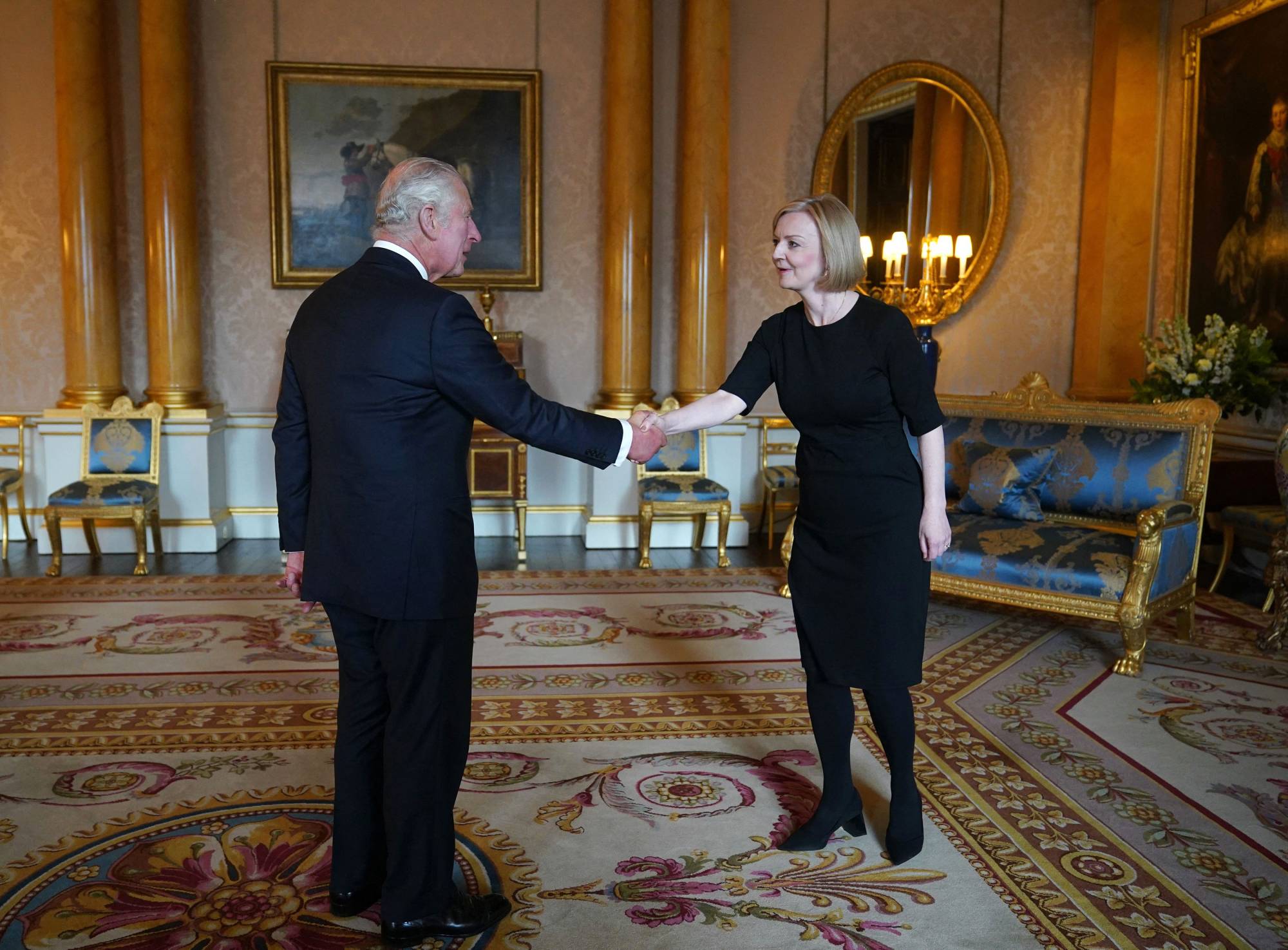Last week, Liz Truss became Britain’s fourth prime minister in six years.
Although in Japan such a rapid turnover in leadership is not exceptional, in Britain the door to No. 10 Downing St. has not usually revolved so quickly.
As another new prime minister has taken the helm, it is an opportune time to examine whether there is a "right" type of person to lead a country and why Britain’s recent prime ministers have been so woefully lacking in the skills needed to fulfill their role.



















With your current subscription plan you can comment on stories. However, before writing your first comment, please create a display name in the Profile section of your subscriber account page.